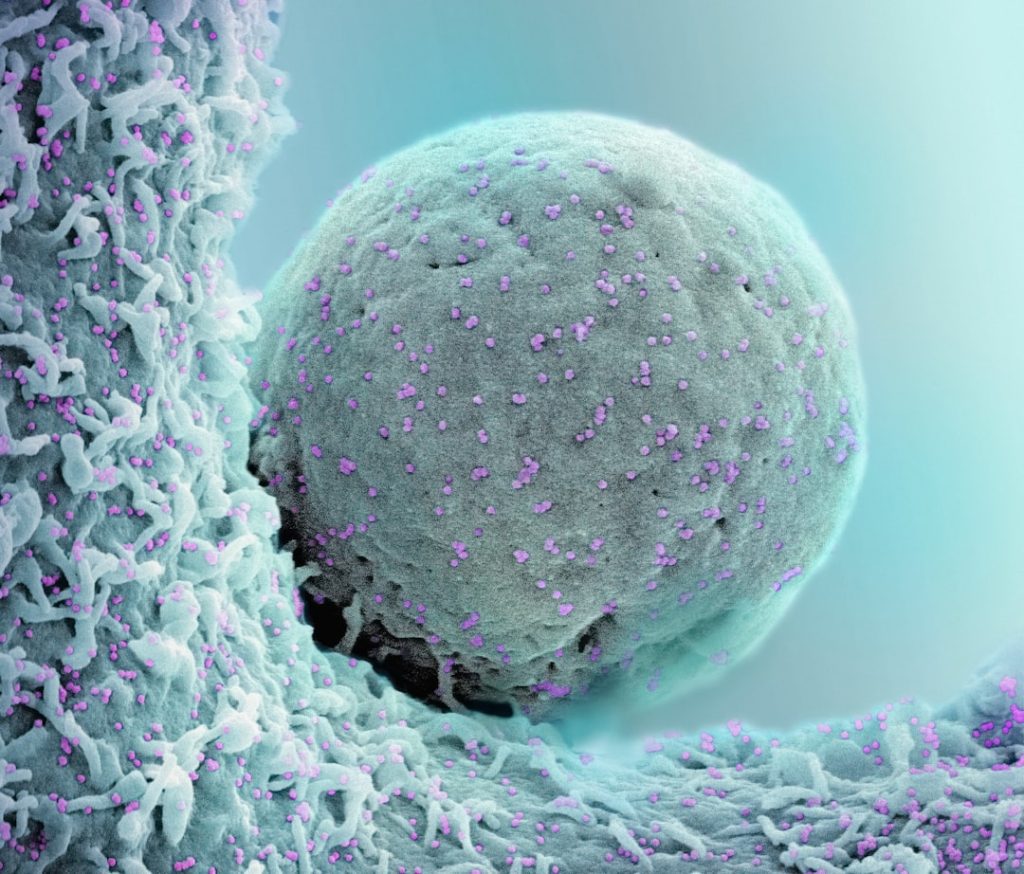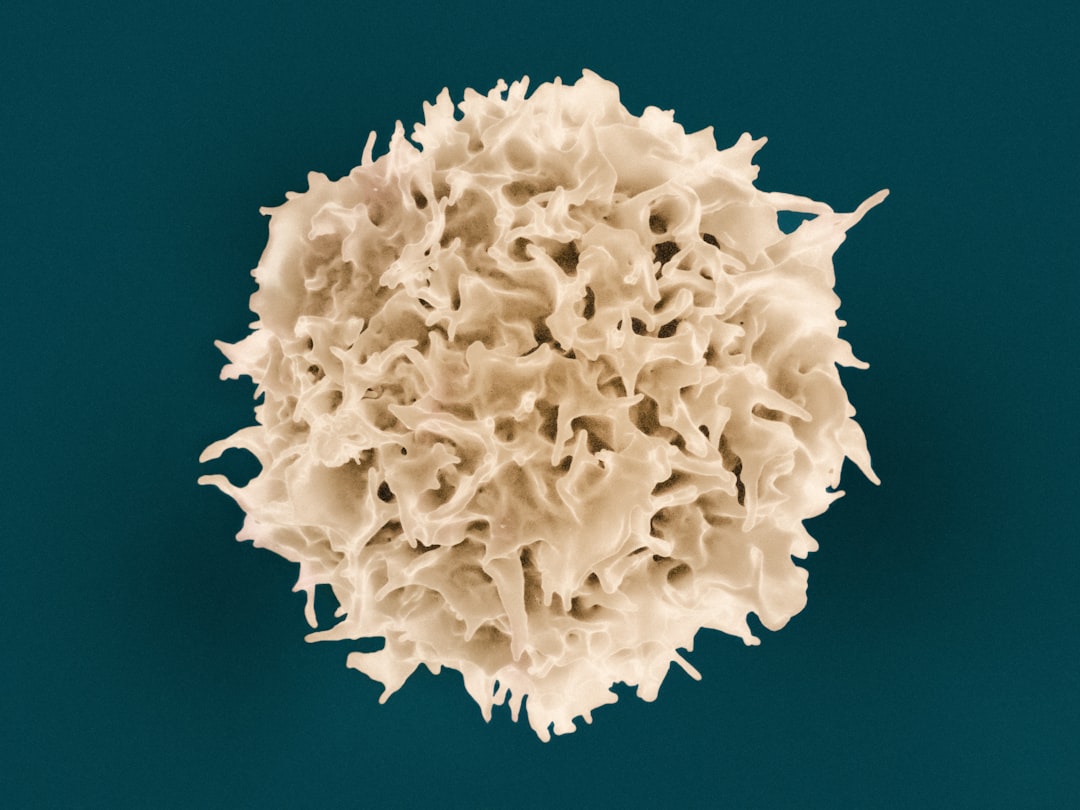What Does Specialization Mean and Why Even Cells and Workers Need It to Survive
5 min read
In an increasingly complex world, the concept of specialization remains a cornerstone of both biological and societal systems. Whether looking under a microscope at a human cell or analyzing the shifting job market, one can clearly see the pivotal role specialization plays in enabling survival, efficiency, and growth. This fascinating principle extends from our most fundamental biological units to the massive structures of modern economies.
TL;DR
Specialization means focusing on a specific task or function to become more efficient in it. From biological cells to human workers, specialization ensures better performance and survival under complex conditions. Cells specialize to perform unique roles in the body, just as workers focus on specific career paths to enhance productivity. Without specialization, systems—from organisms to economies—would be vastly less efficient and adaptable.
What is Specialization?
At its core, specialization refers to the process of becoming an expert or highly efficient at a particular function or activity. It involves focusing on a narrow area, mastering the required skills or traits, and often relinquishing other capabilities in order to perform the chosen function more effectively.
This idea is evident across a broad spectrum of life and society. In biology, specialization enables different cells to perform highly specific roles, such as transporting oxygen or fighting infections. In economics, it allows individuals and businesses to concentrate on specific products or services for greater efficiency and quality.
Why Specialization Matters at the Cellular Level
Every human body is made up of trillions of cells, but not all cells are created equal. Through a process called cell differentiation, stem cells mature into specialized forms that perform distinct biological tasks. Without this process, complex multicellular life as we know it would not exist.
- Muscle cells are tailored for contraction and movement.
- Neurons transmit signals across vast networks inside the nervous system.
- Red blood cells specialize in oxygen transport through the bloodstream.
- White blood cells become adept defenders against pathogens and infections.
This division of labor enables the body to function with remarkable efficiency, resilience, and adaptability. Each type of cell becomes highly adept at its designated function, contributing to overall health and homeostasis.

Specialization in the Natural World
Not only is specialization prevalent in individual organisms, but it’s also a feature of entire ecosystems. Consider the roles of various species in a forest:
- Predators like wolves control the population of herbivores.
- Pollinators such as bees ensure the reproduction of flowering plants.
- Decomposers like fungi and bacteria break down dead matter and recycle nutrients.
Each organism or species fulfills a specific ecological niche. This not only ensures equilibrium but also maximizes the effective use of resources in the environment. The loss or failure of any specialized role can cause ripple effects that disturb the entire ecosystem.
Economic and Workforce Specialization
Much like cells in the body, modern economies depend on the specialization of labor. As societies have become more complex, the division of labor has become more refined—allowing individuals and businesses to become proficient in narrower fields.
The advantages of economic specialization include:
- Increased productivity: Specialization reduces the time and resources needed to produce goods and services.
- Higher quality: Repetition allows for mastery, which often leads to innovation and better outcomes.
- Greater trade opportunities: Local or individual specialties can be exchanged for other goods and services, fostering broader economic growth.
Workers today are encouraged to acquire and hone in-demand skills in areas like technology, healthcare, or engineering. In the same way that a neuron is not capable of pumping blood, a software engineer is not expected to perform surgery. Specialization brings clarity to roles and builds interdependence among professionals.

Risks and Trade-offs of Specialization
While powerful, specialization comes with potential drawbacks. When a part of a system becomes too specialized, it can lose the flexibility needed to adapt to change or disruption. For example, monocultures in agriculture are highly efficient but extremely vulnerable to disease and pests. Similarly, specialized workers may find it difficult to adapt when their specific skills become obsolete due to automation or market shifts.
Examples of these risks include:
- Economic vulnerability: Regions or countries overly dependent on a single industry—such as oil or tourism—risk severe impact during downturns.
- Skill redundancy: Automation may quickly eliminate jobs requiring very narrow skill sets.
- Biological fragility: Specialized species are more likely to suffer extinction if environmental conditions shift.
Therefore, it’s essential for individuals and systems to keep some level of resilience or cross-functionality. In nature, some species are generalists and survive by eating a wide range of foods or adapting to diverse climates. In human society, lifelong learning and the development of transferable skills can cushion individuals from sudden shifts in their industries.
Specialization in Technology and Artificial Systems
Artificial intelligence and robotics are quickly becoming integrated into the modern workforce. These systems, too, reflect the principle of specialization. AI programs are typically trained for narrow tasks:
- Image recognition
- Natural language processing
- Predictive analytics
A single AI model rarely performs well outside its domain—just as a white blood cell would not function effectively as a muscle cell. This design mirrors biological specialization and underscores its efficiency and purpose.
However, as with living organisms and economic systems, designers of artificial systems must balance hyper-specialization with adaptability. Modular systems and flexible architectures allow artificial networks to evolve and respond to new tasks when required.
The Symbiosis of Specialized Units
One of the most illuminating aspects of specialization is how distinct, specialized units work together toward a common goal. Whether in an organism or in an economy, this synergy makes higher-level functions possible.
Consider the analogy:
- A human body: Specialized cells function together to maintain life and health.
- A company: The marketing, engineering, HR, and finance departments cooperate for profitability and growth.
- An ecosystem: Different species work in concert to create a balanced and sustainable environment.
This interdependence is key. Specialization doesn’t create isolation; instead, it fosters collaboration. The sum is often greater than the individual parts due to the alignment of specialized skills and roles toward a unified objective.
Conclusion: The Delicate Balance of Specialization and Flexibility
Specialization has propelled living systems, economies, and technologies into greater complexity and efficiency. It is a mechanism through which both cells and humans survive—by excelling at a specific task and contributing to a larger whole. Yet, with all its advantages, it remains critical to maintain a degree of flexibility to prepare for change.
Whether we examine it through a microscope or a macroeconomic lens, specialization is a fundamental principle that guides growth, sustainability, and survival. Knowing when to specialize and when to diversify is one of the most important decisions—whether made by a cell, a worker, or a nation.



